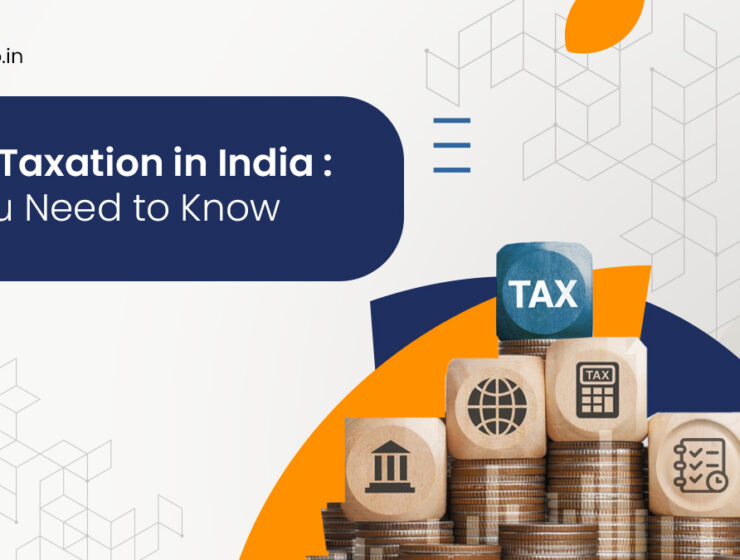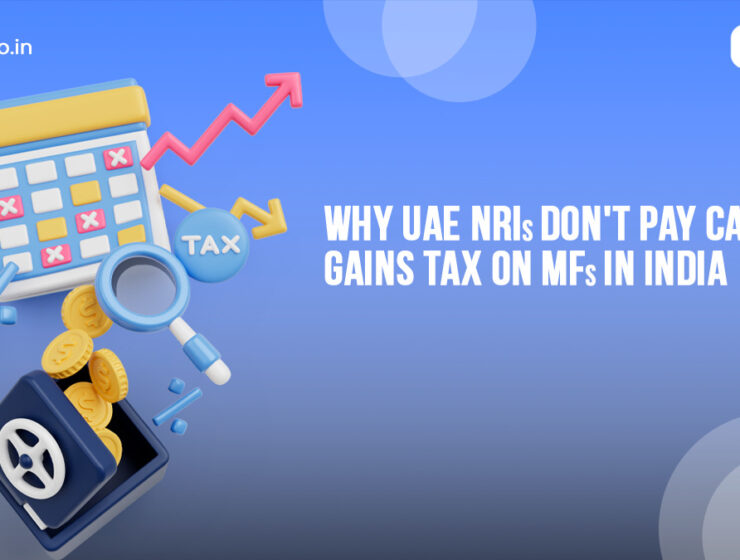

What is tax planning?
Tax planning is the analysis of an individual’s financial situation from a tax efficiency point of view so as to plan an individual’s finances in the most optimized way. It allows an individual to make the best use of various taxes. Income tax planning involves planning under various provisions of the Indian taxation laws. In India, tax planning offers provisions such as deduction, contributions, incentives, exemptions.
Advantages of tax planning:

- To reduce tax liabilities
Individuals wish to reduce their tax burden and save money for their future. With the various benefits offered under the Income Tax Act 1961, you can reduce your payable tax by arranging your investments. The Act offers many tax planning investment schemes that can reduce your tax liability.
2. Minimise litigation
Minimising litigation saves the taxpayer from legal liability. Litigate is to resolve tax disputes with
local, federal, state or foreign tax authorities.
3. Leverage productivity
The core tax planning objective is channelizing funds from taxable sources to different income-generating plans. This ensures optimal utilization of funds for productive causes.
4. Ensure economic stability
Effective tax planning and management of income provides a healthy inflow of white money that show sound progress of the economy. This benefits both the citizens and the economy. Every taxpayer’s money is devoted to the betterment of the country.
How to save taxes?
- Section 80C
Taxpayers are provided with several options to reduce their tax liabilities. There are various sections of the Indian Income Tax law that offer tax deductions and exemptions, of which, Section 80C is the most popular tax-saving instrument. Here is a quick look at how you can save tax by using various deductions allowed under the Income-tax Act.
Section 80C It is the most commonly used section where an individual can save tax by investing or spending a maximum of Rs 1.5 lakh in a financial year in/on specified avenues. Some of the commonly used investment/expenditure avenues under Section 80C are Employees Provident Fund (EPF), Public Provident Fund (PPF), Equity-linked savings scheme (ELSS) mutual funds, National Pension System (NPS), repayment of the principal amount of home loan, children school fees etc.
- Section 80CCD (1b)
You can further save tax by investing additional Rs 50,000 in NPS. Do keep in mind that this deduction is available over and above the tax benefit available under section 80C. Thus, you can save tax by investing up to Rs 2 lakh in a financial year -Rs 1.5 lakh under section 80C and Rs 50,000 under Section 80CCD(1b).
- Section 80CCD (2)
This deduction is available on the employer’s contribution to an employee’s Tier-I NPS account. A maximum contribution of 10% of the basic salary plus dearness allowance (if applicable) is allowed under this section.
- Section 80D
Premium paid for the health insurance policy of self, spouse and dependent children can be claimed as deduction under section 80D of the Income-tax act up to Rs 25,000. In addition to that, the premium paid for the health insurance of parents can offer an additional tax break up to Rs 25,000. If your parents are senior citizens (age 60 years and above), then this tax break would go up to a maximum of Rs 50,000. Therefore, health insurance premiums paid for self (including spouse and dependent children) and senior citizen parents can help you save tax up to Rs 75,000 in a financial year. If both the taxpayer and parents are senior citizens then, the maximum deduction of Rs 1 lakh can be claimed in a financial year.
If your senior citizen parents are not covered under any health insurance policy, then the medical expenses incurred for them can be claimed as a deduction under section 80D. The maximum amount that can be claimed as a deduction under section 80D for medical bills in this manner is currently Rs 50,000.
- Section 80DD and Section 80DDB
Apart from section 80D, there are two other sections that can help you save tax in case of medical expenses incurred for disabled and/or specified persons. Section 80DD offers a tax break on the medical expenses incurred for a dependent disabled person. Dependent here includes spouse, children, parents, brothers, and sisters of the individual.
The deduction allowed depends on whether the dependent is disabled or severely disabled. If the dependent is at least 40% disabled, then the maximum deduction that can be claimed is Rs 75,000. On the other hand, if the disability is 80% or more, then it is considered a severe disability and the maximum deduction that can be claimed is Rs 1.25 lakh.
Section 80DDB offers a deduction for the medical expenses incurred for the treatment of specified illnesses such as cancers, chronic kidney diseases, etc. This deduction can be claimed for the expenses incurred on self or the dependent. For individuals below 60 years of age, whether self or dependent, the maximum deduction allowed is Rs 40,000. For senior citizens aged 60 years and above, the maximum deduction that can be claimed is Rs 1 lakh. The list of diseases for which deduction can be claimed under this section is specified in the Income-tax Act.
- Section 80U
If you are an individual with a disability of 40% and above, then you can claim a tax break under section 80U. However, deductions under sections 80U and 80DD cannot be claimed simultaneously.
Deduction under section 80U is claimed by the disabled individual whereas deduction under section 80DD is claimed by the dependent who has incurred expenses for the treatment of the disabled individual. The deduction amount under Section 80U for disability and severe disability is the same as mentioned in section Section DD
- Interest on Housing Loan
Apart from the tax benefit available on home loan principal repayment under section 80C, one can also claim tax benefit on a maximum of Rs 2 lakh on the interest paid on the loan during a financial year. If you are paying interest on a home loan for an under-construction property, this benefit will be available after the possession of the house, provided it happens within five years. The interest paid during the construction period can be accumulated and claimed in five equal installments after getting possession of the house.
- Section 80EEA
If you have taken a home loan to buy a house under the affordable housing segment during FY 2020-21, then you are eligible to claim an additional tax break on interest paid up to a maximum of Rs 1.5 lakh. This deduction is available over and above section 24 (mentioned above) where you get a tax benefit of up to Rs 2 lakh. However, there are certain conditions that you must satisfy before claiming tax benefits under Section 80EEA.
- Section 80G
Contributing to charity can also help you save tax. If you donate to specified government notified funds under section 80G you can claim up to 100% of the donation as a deduction from your gross total income thereby reducing your taxable income and consequently the tax
- Section 80TTA
Interest earned on balances in savings accounts held with banks or post offices is taxable under Income from other sources. However, interest earned from these sources up to Rs 10,000 in a financial year can be claimed as a deduction from gross total income under section 80TTA.
- Section 80TTB
Senior citizens (those aged 60 years and above) can claim a maximum deduction of Rs 50,000 from gross total income under this section. The deduction can be claimed on the interest earned from specified sources such as savings account, fixed deposits, senior citizen savings account etc.
- Section 80E
Interest paid on an education loan will also get you a tax break. Only individuals can claim this deduction. HUFs are not entitled to this deduction. There is no limit on the maximum amount that one can claim as a deduction from gross total income under this section in a financial year. However, the benefit is available for a maximum of 8 years from the start date of loan repayment.
Conclusion
Tax Planning is not a day’s work and has to be carried out considering the financial goals, liquidity position, and taxability on returns etc. A taxpayer can save the tax as well as build wealth alongside by doing tax planning in advance.
Must Read – Tax Planning And The Different Tax Saving Tools Apart From The Basic Deductions
A financial planning platform where you can plan all your goals, cash flows, expenses management, etc., which provides you advisory on the go. Unbiased and with uttermost data security, create your Financial Planning without any cost on: http://bit.ly/Robo-Fintoo
Disclaimer: The views shared in blogs are based on personal opinion and does not endorse the company’s views. Investment is a subject matter of solicitation and one should consult a Financial Adviser before making any investment using the app. Making an investment using the app is the sole decision of the investor and the company or any of its communication cannot be held responsible for it.
Related Posts
Stay up-to-date with the latest information.


